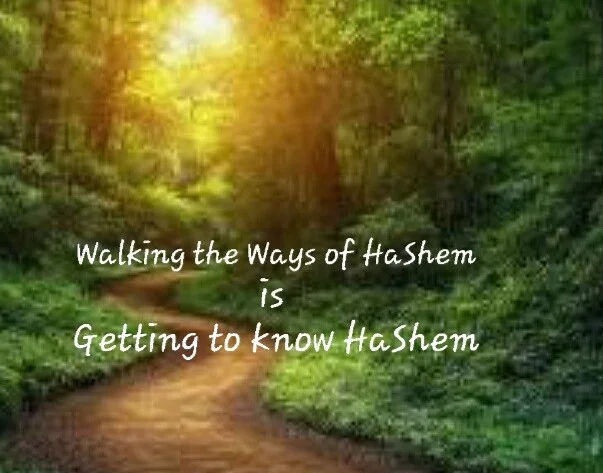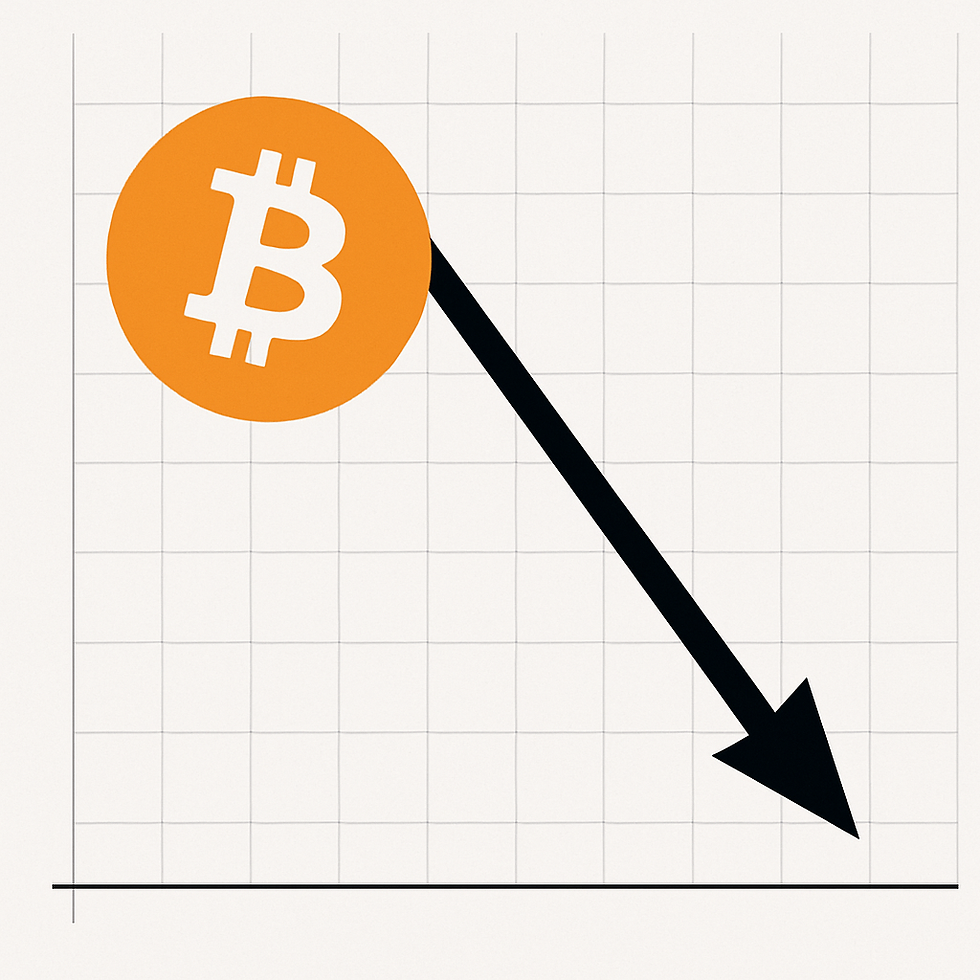Shabbat Haazinu
- WireNews

- Oct 7, 2022
- 3 min read
Deuteronomy Chapter 32
Jewish Song
by Rabbi Jeremy Rosen

“Listen to the song,” we are told in this week’s Torah reading, Haazinu. Song has always been a very important part of the Jewish religious tradition. In Biblical Hebrew, the words for song and poetry are the same, Shir or Shira. Whole chunks of the Torah are poem songs. Some commentators have even suggested that the whole of the Torah must be read as a Song of Heaven.
Of course, there are songs and there are songs. The lyrics of most popular music now are so crude, and provocative, and appeal to our most basic instincts. No wonder Charedi rabbis are so opposed to that kind of music. Although the pervasive spread of the internet means they have little chance of turning back the tide. You can only try to provide an attractive enough alternative and strengthen the ability to distinguish good from bad through education.
It was ecstatic mysticism, and then Hasidism that brought joyful singing back into Judaism after the mourning for the lost Temple. Yet looking back to the first Temple, song, music, and ecstasy were essential elements of these services and the aesthetic experience of sanctuary worship. Parallel with the joyful there was the more mournful, cantorial tradition of European orthodoxy. Some like it, and others like me prefer the happier tunes that you will find in Sephardi services but as they say “De gustibus non est disputandem. Taste is too subjective to be disputed. ” or “On matters of smell and taste you cannot argue.”
In Israel today there is a huge amount of creative music being produced both secular and religious. I doubt there has been such a musical flourishing in the last two thousand years. A lot of great music comes from great suffering. The slave chorus of 'Va Pensiero' of Verdi’s Nabucco or the great music that has come as a result of black oppression. Is our success as a nation of singers because we suffer either persecution or alienation? Look how many of the great American and Russian musicians of the last century were Jewish. After all, when we first went into exile in Babylon we sat down by the waters and cried, and sang!
I’d rather look at the positive, at our tradition of song and poetry combined. And who better to express its beauty than the great Rabbi Abraham Isaac Kook? Here’s what he writes, in one of my favorite pieces of modern religious poetry, though of course, it sounds so much more beautiful in Hebrew:
One man sings the song of his own soul, for it is there that his satisfaction is complete.
Another sings the song of his people, transcending the bounds of his own individual soul. ... feeling close, with tender love, to the Jewish people, singing her songs with her. …
A third man’s soul expands beyond the Jewish people to sing the song of man, his spirit embraces all humanity, majestic reflection of God ...
And a fourth is transported still higher, uniting with the entire universe, with all creatures, and all worlds, with all of these he sings ... Rabbi Avraham Yitzhak Hacohen’s Kook. Orot haKodesh II, 444.
Every one of us says Rav Kook has a personal song. But too few of us actually sing it! It is, indeed, our religious tradition to sing and to praise the Lord, Halleluiah, to serve through joy, even if it sometimes means singing alone, at home, in private, and despite those who regard singing with suspicion. It is true in the western world popular song is associated with some of the least attractive or moral aspects of modern society. I think it is this that worries the holy rabbis. But those who misuse songs shouldn’t deprive us of ours. The previous Viznitzer Rebbe used to say, 'A tune (as opposed to words) cannot become contaminated.'
Shabbat Shalom
Jeremy
###
Jeremy Rosen was born in Manchester, England, the eldest son of Rabbi Kopul Rosen and Bella Rosen. Rosen's thinking was strongly influenced by his father, who rejected fundamentalist and obscurantist approaches in favour of being open to the best the secular world has to offer while remaining committed to religious life. He was first educated at Carmel College, the school his father had founded based on this philosophical orientation. At his father's direction, Rosen also studied at Be'er Yaakov Yeshiva in Israel (1957–1958 and 1960). He then went on to Merkaz Harav Kook (1961), and Mir Yeshiva (1965–1968) in Jerusalem, where he received semicha from Rabbi Chaim Leib Shmuelevitz in addition to Rabbi Dovid Povarsky of Ponevezh and Rabbi Moshe Shmuel Shapiro of Yeshivat Be'er Ya'akov. In between Rosen attended Cambridge University (1962–1965), graduating with a degree in Moral Sciences.








